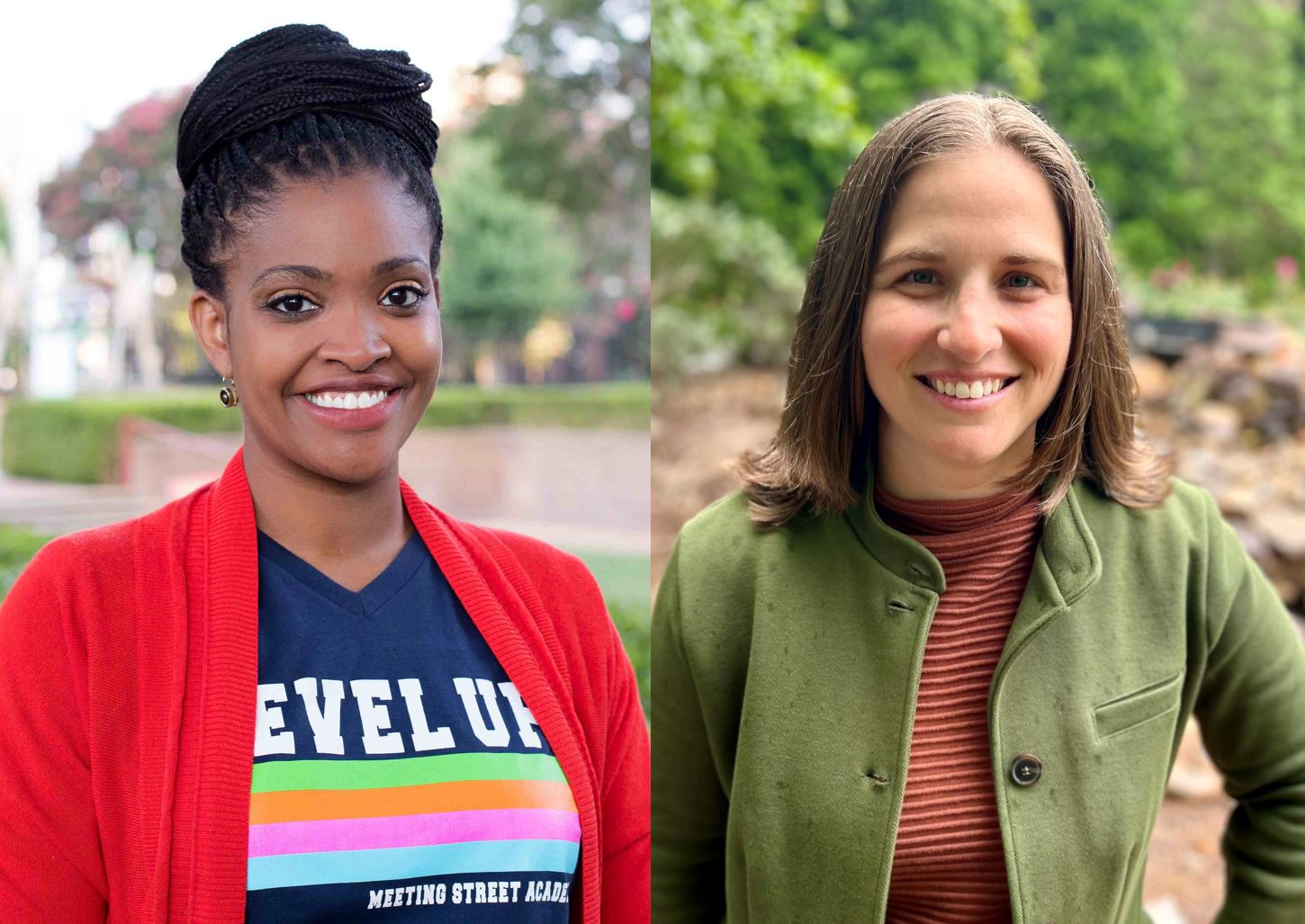Gov. Henry McMaster used Meeting Street Academy Spartanburg as a backdrop Monday to ceremonially sign into a law a bill that expands local control over schools of choice.
“This is a great day for Spartanburg, but it’s also a great day for the state and maybe even a great day beyond that, because if people see what can be done, their imaginations will be stirred, doors are opened, children’s lives are changed,” McMaster said.
McMaster was joined by state lawmakers and Meeting Street educators as he signed the Schools of Innovation bill that passed the General Assembly last week with bipartisan support.
Public/private schools re-designated
Meeting Street Academy Spartanburg opened in 2012 in downtown Spartanburg and in 2016 joined Spartanburg School District 7 to become a public/private school serving more than 300 students in pre-K 3 through 5th grade.
The bill, H 3589, re-designates public/private schools of choice as “schools of innovation,” and allows school districts to create multiple schools of innovation that can request exemptions from certain state laws that apply to public schools.
According to a draft version of the bill, school boards with two-thirds approval must specify how the exemption will support academic achievement. The State Board of Education must then approve with two-thirds’ support.
2020:McMaster praises success of Meeting Street Academy
Currently, schools of choice such as Meeting Street Academy are able to set their own school calendar, class sizes and proficiency-based learning models.
Allison: More flexibility at local level
State Rep. Rita Allison, R-Lyman, a bill sponsor, said the legislation aims to provide more flexibility to local school districts “as they strive to support the diversity, the diverse needs of our students in this state.”
Allison said the majority of students who attend Meeting Street Academy come from low-income backgrounds. She said the school is ranked one of the top achieving schools in the state.
“The change in H 3589 is going to allow all of our districts the flexibility to offer additional innovative educational opportunities to our students … to serve the particular needs of the school and more-so of the students,” Allison said.
Allison noted Democrats joined Republicans in supporting the bill.
After the ceremony, state Rep. Rosalyn Henderson-Myers, D-Spartanburg, said she voted for it because it helps provide equal opportunity for all students to succeed, regardless of their background.
“I see the public-private partnership in action and it has helped children who would not otherwise be able to excel,” she said. “These children (at Meeting Street Academy) are being supported and encouraged to be the best they can be. This is a beacon of light in our community.”
Also speaking at Monday’s ceremony were Jeff Stevens, superintendent of Spartanburg School District Seven, and Kyndran Hilton, principal of the Meeting Street Academy Spartanburg.
“Meeting Street Academy is certainly a shining example of what can be accomplished when we’re able to think freely and differently about how we educate our children,” Stevens said.
“Pushing the envelope of innovation through partnerships engrained in our district, we are committed to providing the opportunity for every student to achieve their full potential.”



